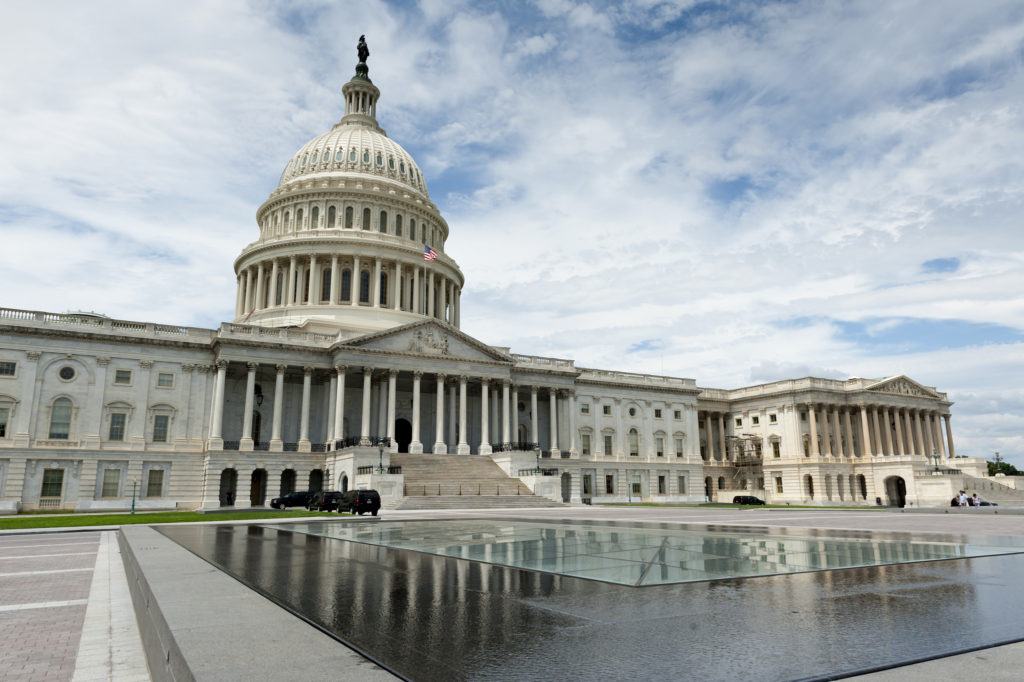It has been revealed that House Republicans are hard at work on a second round of federal tax cuts, outlining a broad plan to have the individual rate cuts become permanent under the revised code rather than letting them expire in 2025. Moreover, Republican lawmakers intend to vote on the measure ahead of the November midterm elections, looking to amplify the positive points of the President’s tax overhaul.
The new plan allow Republicans to refocus the political narrative on the major benefits of the overhaul, considering the permanent corporate tax cuts didn’t look so good teamed with a $1.5 trillion deficit. As well, the GOP majority is banking on putting the Democrats up to the task of forcing them to vote against cuts for the middle class to dampen their hopes of reclaiming Congress.
“Tax Reform 2.0,” spearheaded by House Ways and Means Committee Chairman Kevin Brady (TX-8), will reportedly come to fruition in three packages according to Newstimes.
- The individual and small-business tax cuts in the original bill Tax Cuts and Jobs Act from December would become permanent.
- The promotion of retirement savings through a “variety of means,” including facilitating a new federal “universal savings account” to offer a flexible option for families.
- A broad measure to grow business innovation using more creative ways to lessen the burden of starting a business like allowing start-ups to write off more of their initial costs.
Brady says the entire cost of the tax package is not yet known, but making the individual tax cuts permanent carries a price tag around the $600 billion mark. Furthermore, like the December overhaul, the cuts would be added to the deficit, and not “paid for.” The domestic economic growth coming afterwards would, “offset some but not all the cost,” the congressman added.
The three-faceted approach allows for the plan to take a hit in the Senate, which has not warmed to a second round of tax cuts due to their addition to the national deficit. House Republicans dispute the fact that a decade-worth of new debt is irresponsible to take on, citing the law will produce enough economic grow to sustain itself. Politically, the Senate is unlikely to pass a permanent individual cut, but has shown interest in advancing proposals to boost retirement savings.
Regardless, Democratic votes are needed to pass the 2.0 plan. Being that 10 Democratic senators are running for reelection in states that Trump carried in 2016, there is a possibility that some of the House Republican’s plan will be passed with 60 votes. Though, that is still a fear among some in the GOP majority that a tax bill would end up helping vulnerable Democrats in red states through the midterms.

